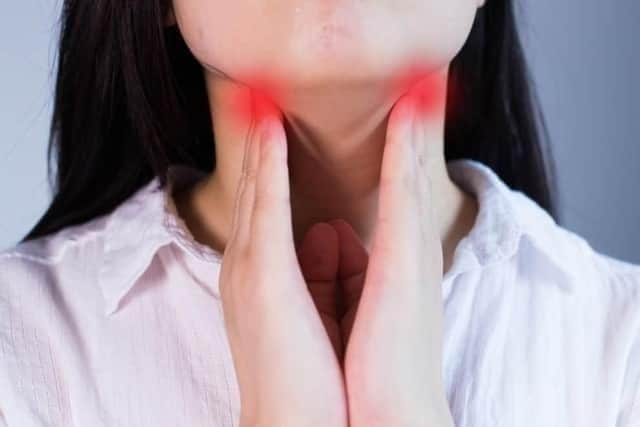Strep A Scotland: Two more Strep A deaths in Scotland in the last week - Public Health Scotland confirms
It brings the number of deaths amongst invasive group A streptococcal infection (iGAS) cases between October 3 last year and January 22 to 19, Public Health Scotland (PHS) said.
Three of the 19 deaths were children under 10, with no further deaths in that age group since last week’s report.
Advertisement
Hide AdAdvertisement
Hide AdInfections caused by Group A Streptococcus (GAS) include the skin infection impetigo, scarlet fever and strep throat.


The vast majority of infections are relatively mild, but the bacteria can cause iGAS, a life-threatening infection in which the bacteria has invaded parts of the body such as the blood, deep muscle or lungs.
PHS said: “Currently, there is an earlier increase in GAS and iGAS cases this season than in previous seasons in Scotland.
“Total cases reported to date are higher than those observed at the peaks seen in previous pre-Covid-19 pandemic years.”
In the week ending January 22, there were 571 laboratory reports of GAS – a reduction from 696 the previous week.
This compares with between 300 and 480 reports per week during peaks observed in the period since 2016.
PHS said that although increases in GAS were reported in recent weeks in Scotland, iGAS infections levels for 2022/23 were “generally stable and similar to previous years”.
In the week to January 22, there were seven iGAS cases reported across all age groups, compared with 14 in the previous week.
The agency said this remains within the range reported during peaks observed in previous years when there were between 12 and 18 cases per week.